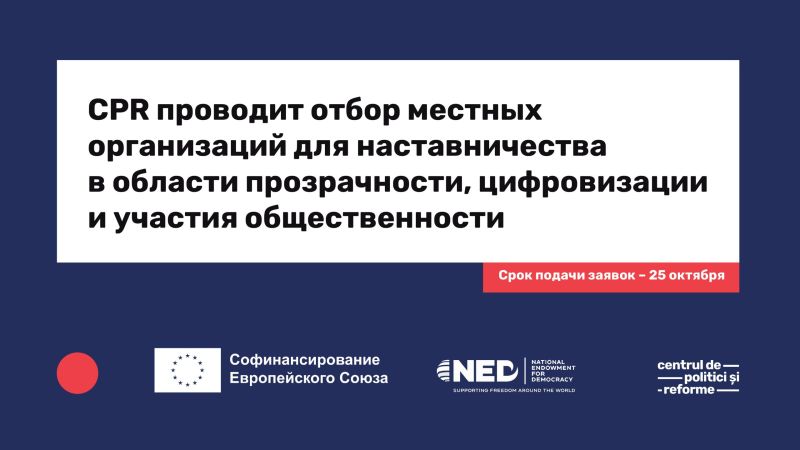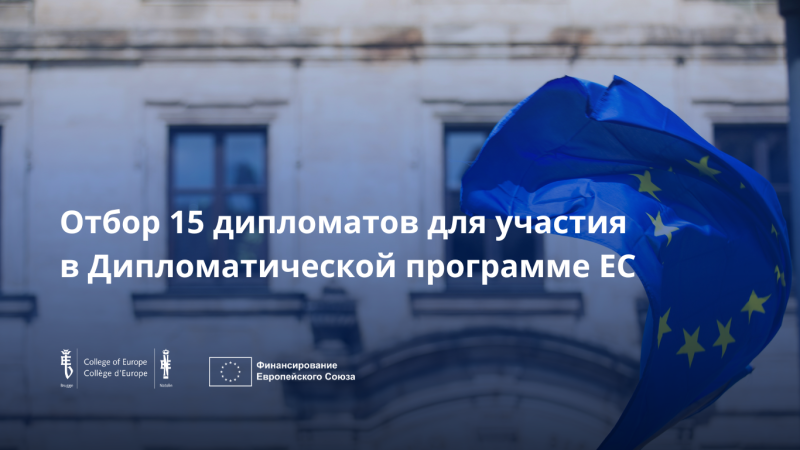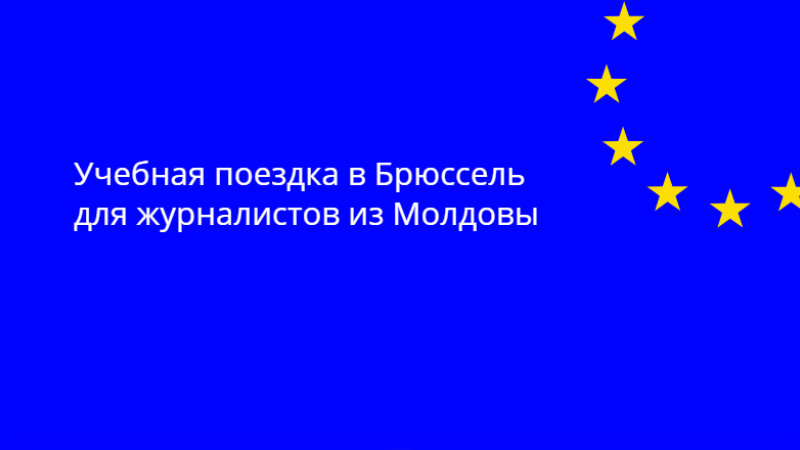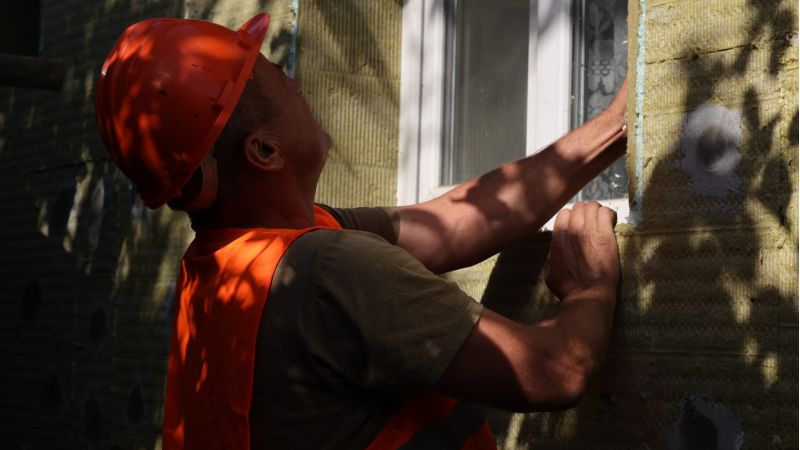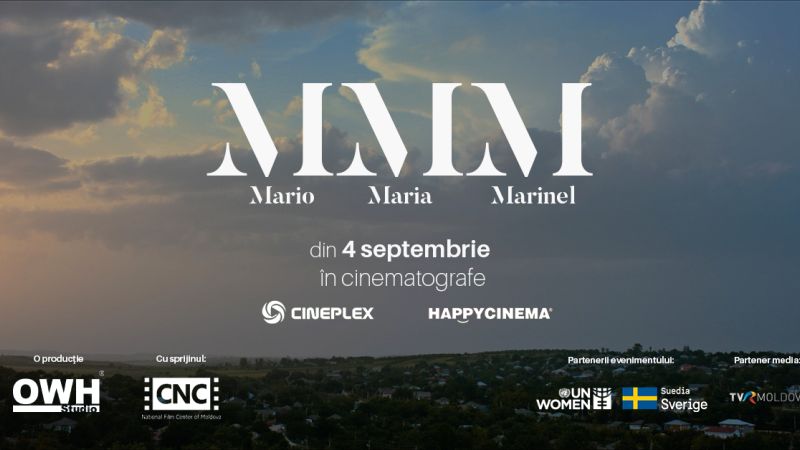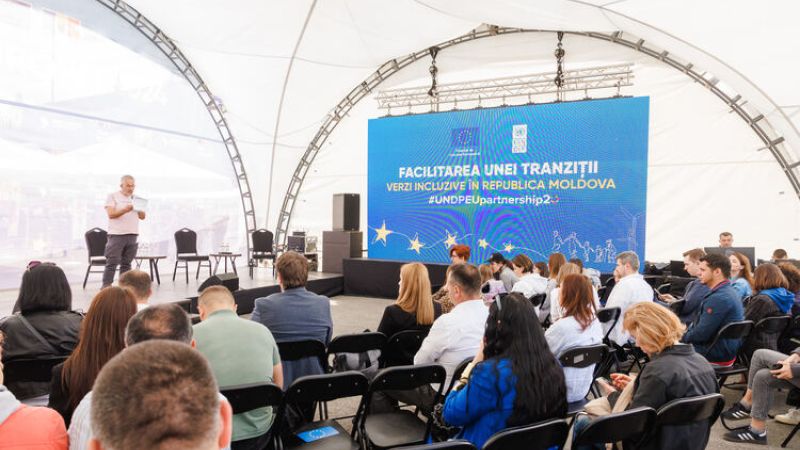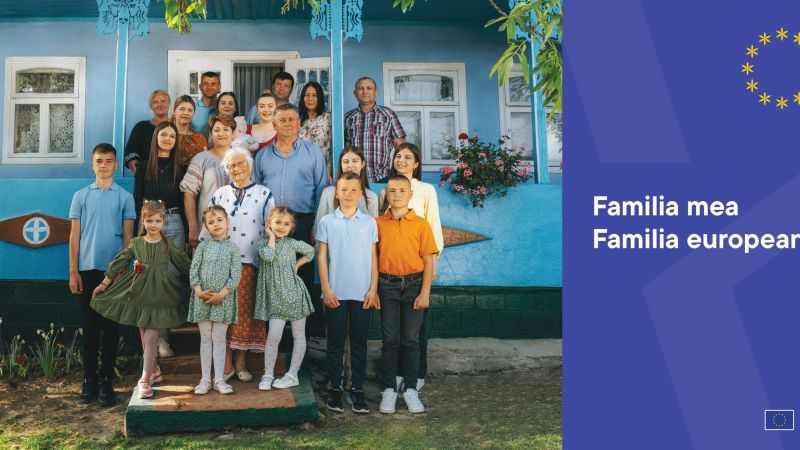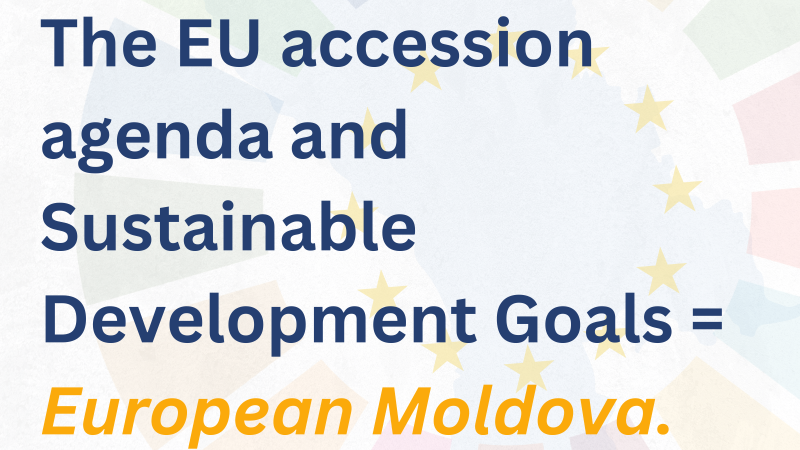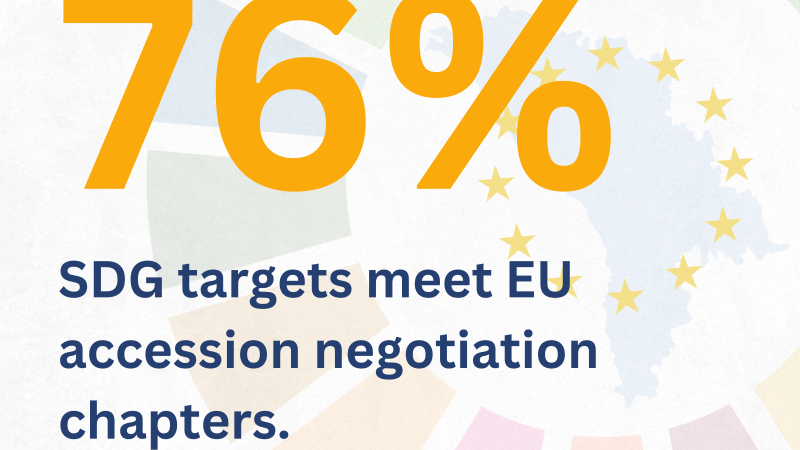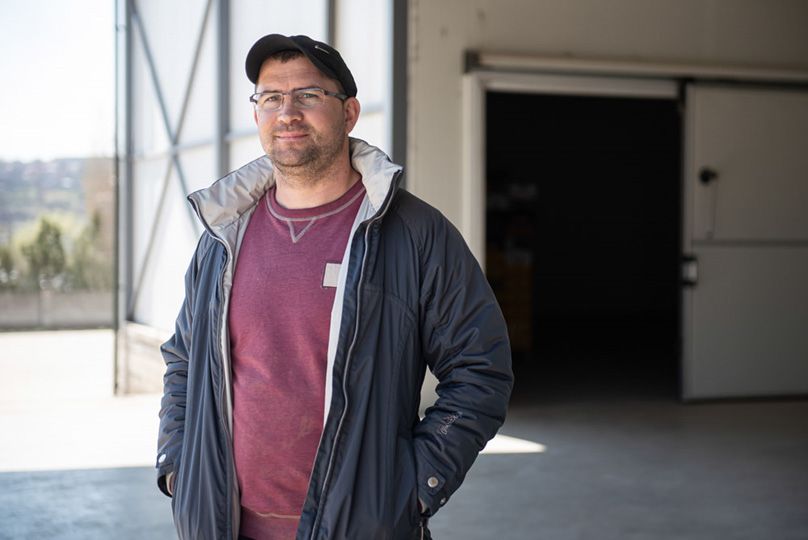
ПРОЕКТ ЕИБ LIVADA MOLDOVEI ПОМОГАЕТ САДОВОДЧЕСКИМ КОМПАНИЯМ СНИЗИТЬ ЗАТРАТЫ НА ЭЛЕКТРОЭНЕРГИЮ ЗА СЧЕТ ФИНАНСИРОВАНИЯ ИНВЕСТИЦИЙ В ФОТОЭЛЕКТРИЧЕСКИЕ УСТАНОВКИ.
The Republic of Moldova is a country using energy resources that are practically entirely imported. The two main energy sources, natural gas and electricity, come from the Russian Federation and Transnistria. This poses a huge risk to energy security and has a negative impact on the business environment.
First with the effects of the COVID-19 pandemic and then with Russia’s attack on Ukraine, energy prices have soared. The price per cubic meter of gas increased from 4.2 to 15.2 lei. Electricity prices have not increased so much, but with 2.5 lei/kWh (up from less than 1.5 lei/kWh) they are much higher than what consumers in other non-EU countries of the region have to pay.
In this context, horticultural companies are increasingly interested in investments into renewable electricity generation to reduce production costs and dependence on external energy sources. EIB has responded to this interest and offers its Fruit Garden of Moldova project to finance such investments.
The Peasant Farm Gheorghe Mereacre from Costești village (Ialoveni district) grows table grapes on 6 ha and operates a cold store with a capacity of 350 tons. The electricity bill was 150,000 lei for a consumption of about 100,000 kW. Not only is Gheorghe afraid of price increases, but also of the danger of power cuts which may lead to a complete damage of produce kept in the cold store. Despite the insecurities following Russia’s attack on Ukraine, Gheorghe recently applied for an EIB-financed investment loan for 1.4 million lei through the Fruit Garden of Moldova project to install a 113 kWp photovoltaic system. The application process was swift, and already in April the system will be installed on the roof of the cold store – just in time for the 2022 harvest.
“The photovoltaic system will allow me to cut costs especially now when many other inputs got so much more expensive. At the end of the season, more money is left for the development of the enterprise and for investments to package grapes according to the requirements of the EU retail market.”,
pointed out Gheorghe Mereacre.
Another example is that of Vasile Gavajuc from Dumbrava village (Chisinau municipality) who buys and stores table grapes and vegetables from Moldovan producers to be sold on the local market and for export. The company has a cold store with a capacity of about 270 tons. It operates almost 12 months per year and the annual costs for electricity have been about 270,000 lei. With the increase in electricity tariffs, the business was risking to become unprofitable. The opportunities offered by the EIB Fruit Garden of Moldova project made Vasile rethink. A 80 kWp photovoltaic system will soon reduce the company’s running costs and make the business more robust to external economic and political developments.
The Fruit Garden of Moldova project partners with Alternative AID, a provider of Business Development Services to horticultural companies. 30% of the investment projects which Alternative AID is currently preparing for financing are for photovoltaic installations: 9 since the beginning of 2022 and 3 since the beginning of Russia’s attack on Ukraine on 24 February 2022.
